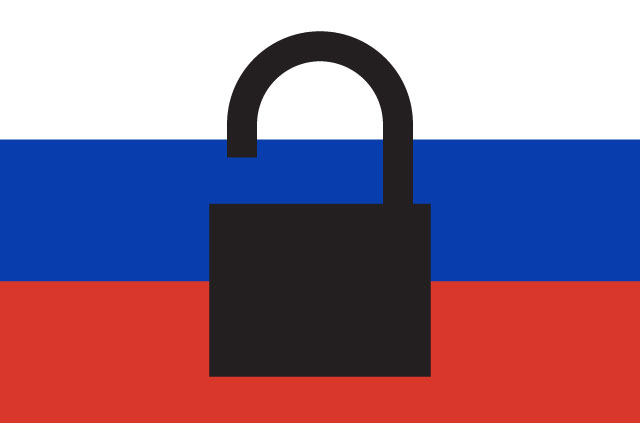A VPN hides your IP, anonymizes your network and lets you browse with peace of mind knowing your connection is encrypted. Naturally, some governments aren’t happy about that.
After China’s semi-successful VPN crackdown in January, Russia has taken note and has begun instigating its own state-wide VPN ban. From November 1st of 2017, every VPN in the country will be outlawed. VPN use, if found, could now be seen as a criminal offense.
Russia now joins a divisive list of countries that currently outlaw VPN use.
Why ban VPNs?
While VPNs offer many beneficial factors, the Russian government pointed to the fact that VPNs are used to access restricted content. Leonid Levin, the head of Russia’s lower parliament, stated that the new ban wasn’t meant to hurt law-abiding citizens but to instead block all “unlawful content” that VPNs can access.
NSA whistleblower Edward Snowden, who’s currently seeking asylum in Russia, was quick to call foul play. “This is a tragedy of policy,” Snowden said.
Banning the "unauthorized" use of basic internet security tools makes Russia both less safe and less free. This is a tragedy of policy.
— Edward Snowden (@Snowden) July 31, 2017
It’s worth pointing out that this VPN ban likely isn’t coincidental. With a presidential election slated for March, cutting down on VPN use could give Russia’s government more power to control and monitor public opinion, which could help them win another six-year term.
A dangerous trend
Following Apple’s kowtowing to the Chinese government by banning all VPNs from their App Store, advocates are speculating if—or when—Apple will wipe the slate clean in Russia too.
This poses a problem on multiple levels: If tech companies like Apple are willingly able to step on user privacy to please a benefactor, how long till other companies follow suit?
Perhaps worse, if VPNs bans are considered successful, will more countries start implementing bans of their own? It’s not a stretch to believe that soon the U.S. government, which is are currently debating how to reauthorize the NSA spying program, could issue a VPN ban of their own.
Taking the VPN ban a step further
Interestingly, Russia signed another law that will require chat apps to keep records of their users by recording their phone numbers. Private chat apps like Facebook Messenger, Telegram, and Signal are all popular in Russia due to their privacy protocols. And while some messaging apps do request users to sign up with their personal info, it hasn’t been a requirement.
The new law is slated to go into effect on January 1st. As of right now, it’s still unclear whether these companies will comply.
Whatever the outcome is, it’s essential that the public remains strong in their right to online privacy.
If you’re planning on visiting Russia in the near future, make sure you keep your VPN on at all times. And if you’re currently in Russia, here’s a simple guide on how to change your App Store location to download a VPN.


Recent Comments